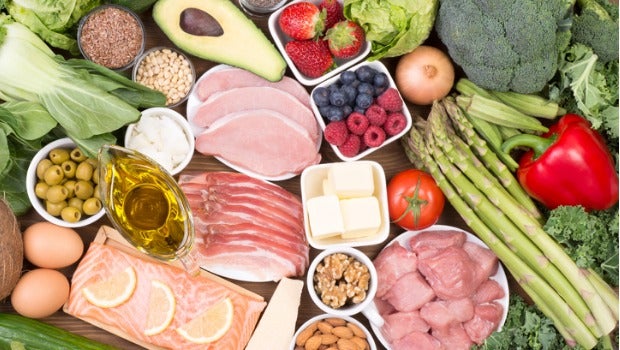Watch the full conversation with chef and author Nora Pouillon.
Local Washington, DC chef, restaurateur, and organic foods pioneer Nora Pouillon is most notable for founding America’s first certified organic restaurant, Nora’s. Her new book, “My Organic Life: How a Pioneering Chef Helped Shape the Way We Eat Today,” details the story of Pouillon’s mission to bring delicious, wholesome foods to the American table. She recently sat down with The Atlantic Food Editor and Aspen Idea magazine Executive Editor Corby Kummer as part of the Aspen Institute Alma and Joseph Gildenhorn Book Series, where she discussed her early life, the initiatives she took in mainstreaming the organic movement, and offered tips for organic shoppers.
Born in Vienna, Austria, during the midst of WWII, Pouillon’s childhood was filled with freshly grown and prepared food. Her parents instilled in her a consciousness for healthy eating. “He [her father] was really into being healthy,” she described. “As a kid, I didn’t really understand it, but he always insisted that we eat yogurt, lots of fresh fruit, and vegetables; and then my mother cooked in a very healthy way.”
“Coming to this country, I realized how bad the agricultural practices were in this country and how bad the food was that we eat here and put into our bodies,” said Pouillon, reflecting on her discovery of the American culinary culture upon her arrival to Washington, DC, in the 1960s with her French husband.
Taking cues from her parents, Pouillon embarked on a crusade to promote a healthier lifestyle. In doing so, she redefined what food could be by forging close relationships with local food producers and launching initiatives to take the organic movement mainstream.
Watch the clip above for Pouillon’s tips for buying and cooking organic food.
During the discussion, Pouillon cautioned the audience that although shoppers may find produce from small farms, they should not immediately presume that these farmers do not use pesticides, fertilizers, and fungicides on their crops.
“If you go somewhere and you see ‘organic’ or ‘naturally grown’ [labeled on a product] it doesn’t mean a thing…” Pouillon said. “When I see the seal that says ‘USDA, US Department of Agriculture certified organic,’ if you see that seal then you know it is organic.”
Pouillon also spoke about the controversial topic of aquaculture, the farming of seafood in ponds, tanks, or raceways.
“Aquaculture unfortunately is the same thing as conventional animal farming,” she said. “They do terrible things to the animals and they do terrible things to the environment.”
There are currently no US government-approved organic seafood standards in place, but Pouillon hopes the US government will devise a method for certification in the coming years. For those buying fish, she advised, “Go to Whole Foods or a reputable grocery store where you know that they have rules and that they sell sustainable.”
So how can we ensure more organic food options? “If the consumer doesn’t demand a change in our agricultural practices it doesn’t happen,” Pouillon said. “Politicians, pharmaceutical companies are so powerful. There are so many lobbies out there that did not even exist 20 years ago, to fight tooth and nail for using hormones on cows…”
“If you want to eat clean food you have basically no choice, the only choice you have is to eat certified organic food,” she continued. “My hope is that conventional food will be organic food and that more food will be organic than pesticide-ridden.”

